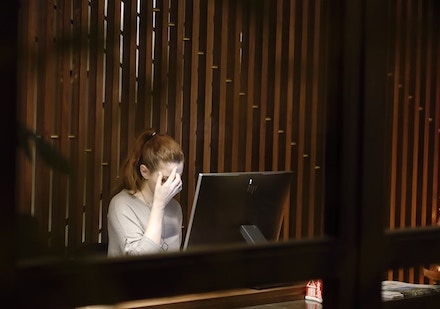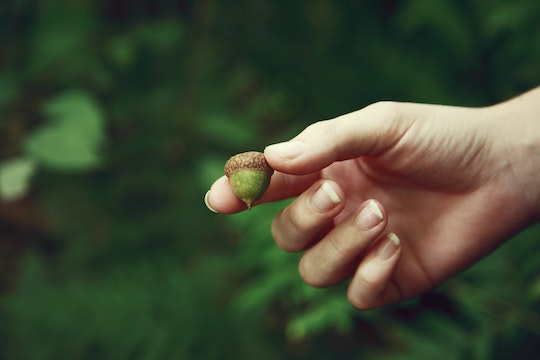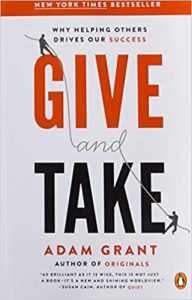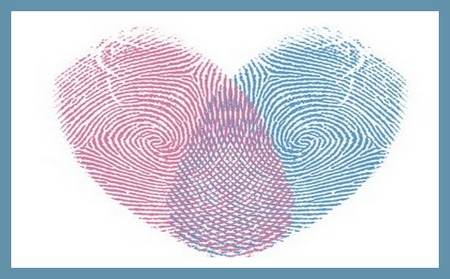“When you’re good at something, you’ll tell everyone. When you’re great at something, they’ll tell you.”
—Walter Payton, 20th Century American Football Pro
Our quote today deeply resonates with anyone striving for excellence — in business, sports, or personal growth.
True expertise speaks for itself, transcending the need for self-promotion.
As a coach, I’ve seen how genuine confidence comes not from boasting, but from consistent quality work.
It’s the difference between fleeting bravado and lasting impact.
In a world quick to celebrate overt achievement, Payton’s words remind us to pursue mastery with humility and persistence.
Let your actions elevate you above the noise, and trust that others will recognize excellence on its own terms.
That’s a lesson beyond performance — it’s about character, integrity, and the quiet power of being truly great.
EXERCISE:
In what ways do you demonstrate the character and integrity to let your actions speak louder than words?
What people in your world set a great example of these qualities, to guide and coach you to be an even better version of yourself?






